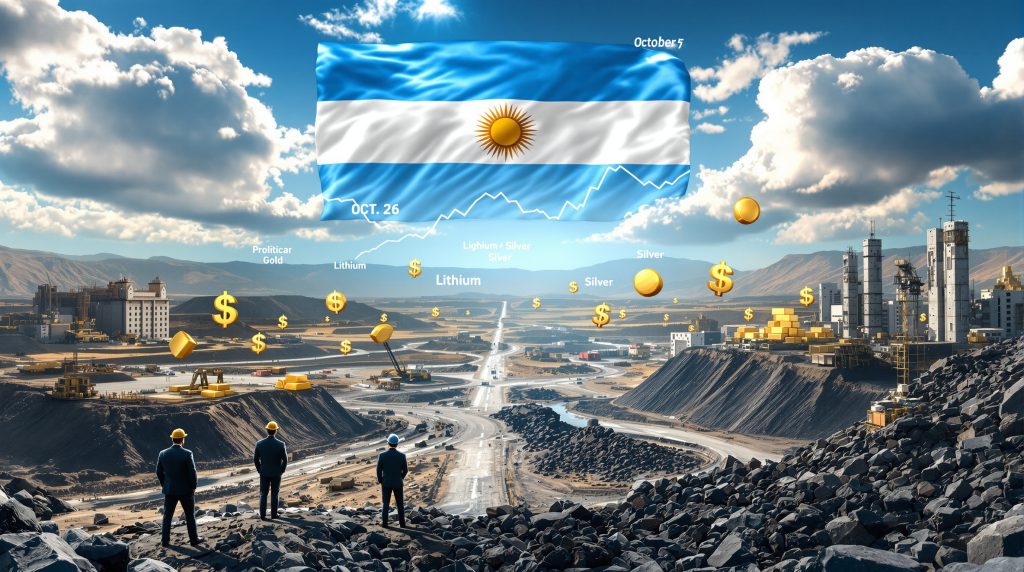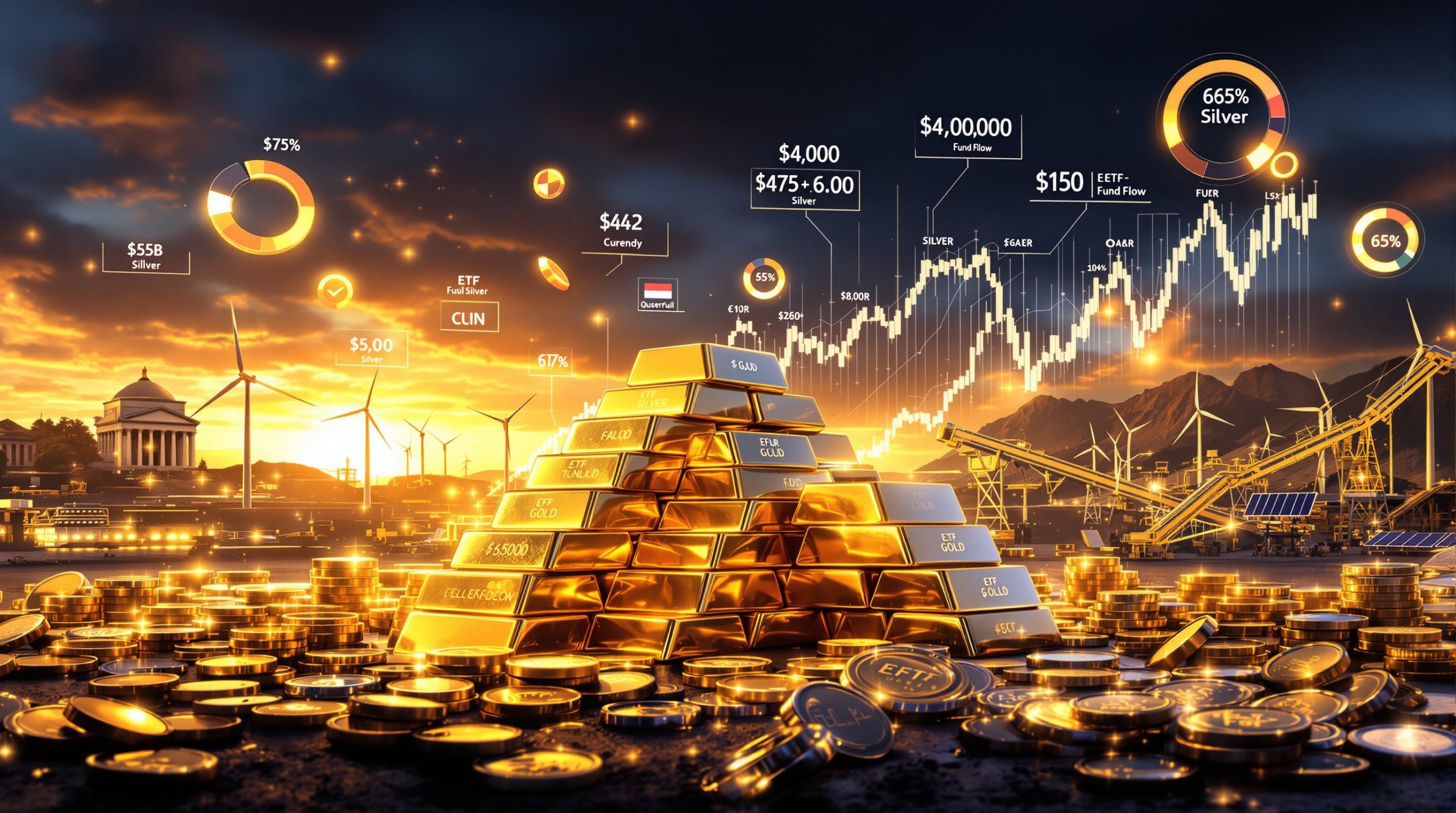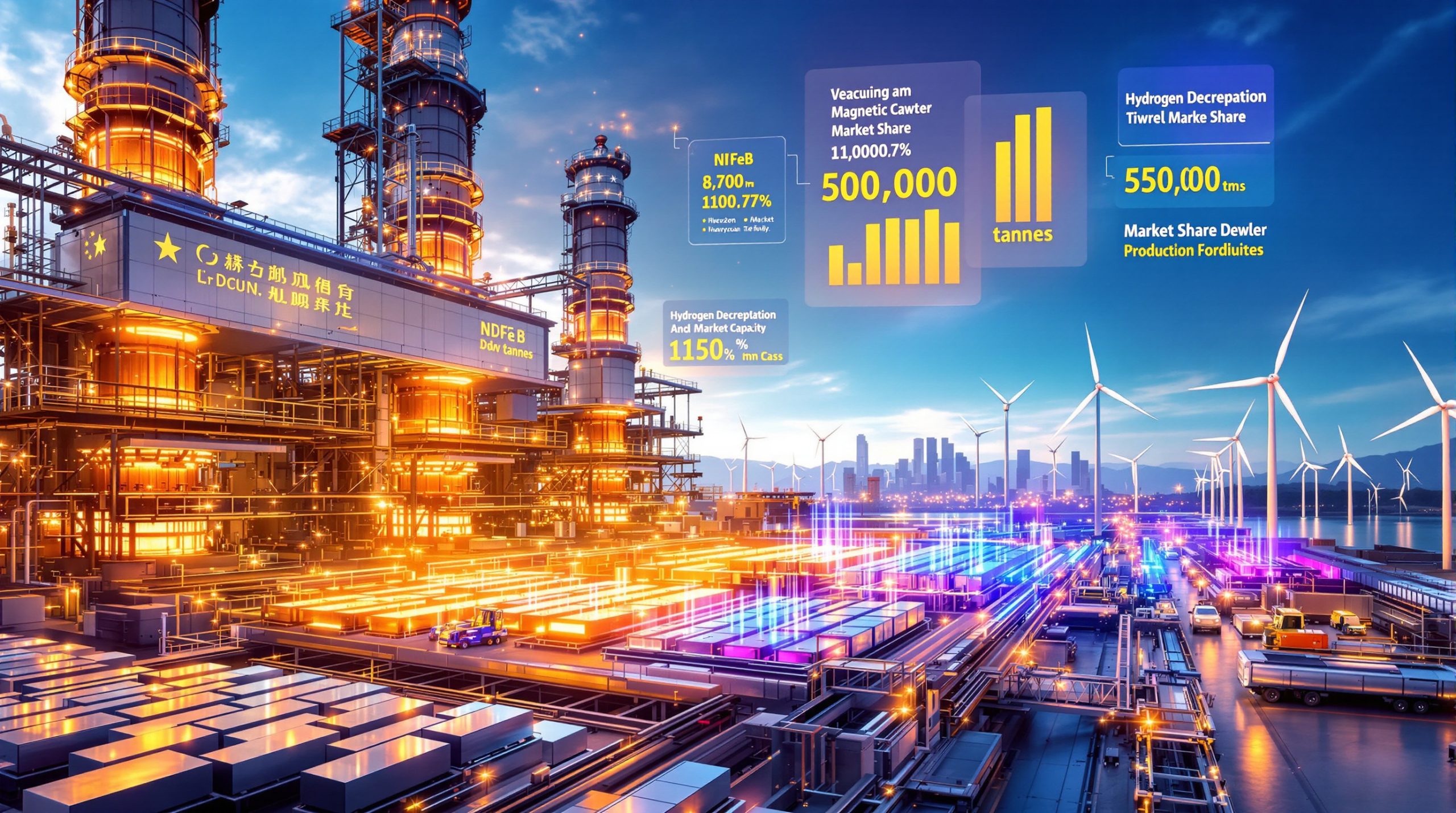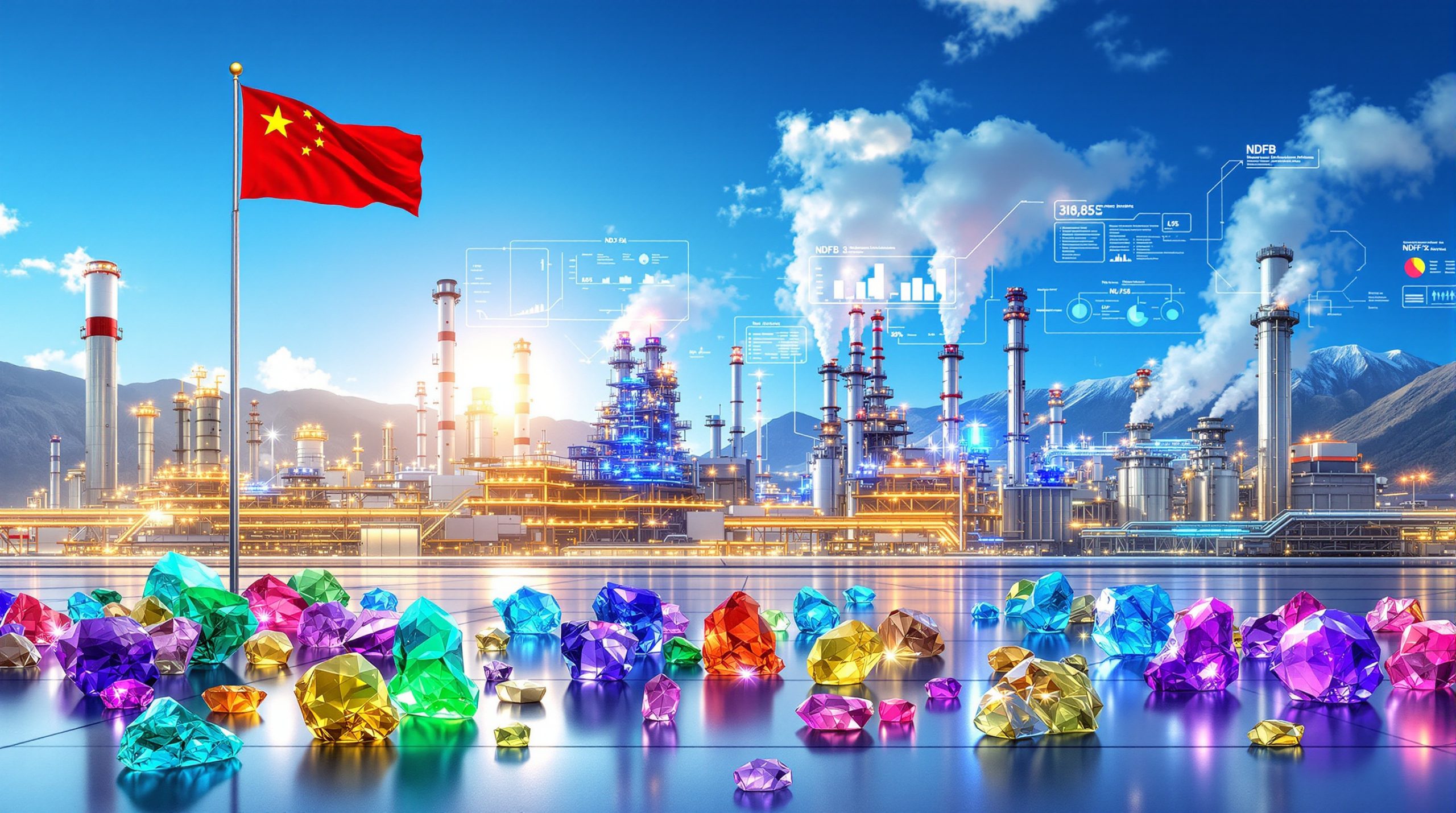Argentina's Mining Investment Freeze: Political Uncertainty Stalls Development
With Argentina's critical midterm elections approaching on October 26, 2025, the country's mining sector finds itself in a state of paralysis. Major investment decisions have effectively halted as companies adopt a cautious stance amid political instability and unclear policy directions. This Argentina mining investment on pause comes at a pivotal moment when the country seeks to capitalize on its substantial mineral resources.
"No one is going to make any decisions these days. That's crystal clear," states Roberto Cacciola, president of the Argentine Chamber of Mining Companies (CAEM), highlighting the severity of the situation. Industry leaders confirm that decision-making has stalled across the sector as political uncertainties mount.
The mining sector's hesitation stems from multiple factors including the upcoming elections, legislative gridlock in the opposition-controlled Congress, deteriorating dialogue between federal and provincial authorities, falling presidential approval ratings, and ambiguous environmental regulations, particularly regarding glacier protection laws.
What's at Stake for Argentina's Mining Economy?
Despite current challenges, Argentina's mining sector represents a significant economic opportunity that risks being undermined by political uncertainty. According to CAEM, the country is projected to achieve record mining exports of $5.09 billion in 2025, marking a 14% increase from the previous year.
This growth potential underscores what's at stake if political uncertainties remain unresolved. The sector's importance is evident in its export breakdown:
| Mineral | Percentage of Exports | Trend |
|---|---|---|
| Gold | 80% | Declining (-10% YoY) |
| Lithium | 14% | Growing (+54% production) |
| Silver | 12% | Stable |
The numbers reveal a nuanced picture—while total exports are increasing, gold production shows concerning trends with a projected 10% year-over-year decline and a 39% drop from 2018 peaks. Recent gold price highs analysis suggests this decline is particularly unfortunate timing for Argentina. This indicates structural challenges beyond cyclical market conditions, potentially related to mine depletion, underinvestment in exploration, or regulatory obstacles preventing new projects from advancing.
Meanwhile, lithium production is set to increase by 54%, with exports rising 43%, reflecting Argentina's growing importance in the battery metals space. However, global market conditions are complicating the outlook for this critical mineral.
Why Are Federal-Provincial Relations Critical for Mining Investment?
In Argentina's federal system, mineral resources fall under provincial jurisdiction, creating a complex governance landscape that requires coordination between national and regional authorities. This constitutional structure makes federal-provincial relations essential for mining investment.
The breakdown in dialogue between President Milei's administration and provincial governors has emerged as a critical barrier to investment. Industry representatives emphasize that restoring this relationship is essential for creating the stability investors require.
"The national government must resume dialogue with provincial governors—who control mineral resources under Argentine law—to restore investor confidence and ensure governability," notes Roberto Cacciola, highlighting how this federal-provincial tension directly impacts investment decisions.
This constitutional allocation of mineral rights to provinces creates a structural requirement for federal-provincial coordination that cannot be bypassed. Mining companies must obtain permits, licenses, and approvals from provincial governments, while also navigating national-level policies on taxation, export regulations, and foreign investment. These mining permitting challenges represent a significant hurdle for development in the country.
How Are Global Market Conditions Affecting Argentina's Mining Prospects?
Beyond domestic political factors, global market conditions are creating additional headwinds for Argentina's mining sector, particularly in lithium—a critical battery metal where Argentina holds significant resources.
While lithium production is set to rise 54% in 2025 with exports increasing 43%, global market dynamics are complicating the picture:
- Oversupply conditions developing globally
- Price declines affecting project economics
- Rising domestic costs in Argentina reducing competitiveness
- Early signs of corporate restructuring appearing in the sector
"The price drop is delaying construction of some planned projects," according to CAEM. "There are no major layoffs, but there are early signs of restructuring," indicating how market conditions are compounding political uncertainty.
For Argentina, which is expanding lithium production capacity significantly, this timing creates challenges as new production comes online into a softer pricing environment. The cost-price squeeze is particularly problematic for marginal projects or those in development stages where project economics are being reassessed. Recent Argentina lithium insights highlight both the challenges and opportunities in this sector.
What Policy Changes Could Unlock Mining Investment?
Industry representatives have outlined several key policy changes that could help unlock investment regardless of political outcomes after the midterm elections.
Key industry policy recommendations include:
- Tax Reform: Elimination of export duties on gold, lithium, and silver
- Fiscal Policy: Removal of withholding taxes on gold and silver
- Regulatory Clarity: Definitive guidelines on glacier protection laws
- Infrastructure Investment: Improved transportation and energy networks
- Provincial Coordination: Harmonized policies across mining regions
Argentina's glacier protection legislation creates particular regulatory uncertainty because the scope of areas classified as glaciers or periglacial environments requiring protection has been subject to interpretation and legal challenges. Mining projects, particularly in high-altitude regions of the Andes where many mineral deposits are located, must navigate these environmental protections, but unclear boundaries create planning difficulties and investment risk.
These recommendations reflect the industry's view that policy stability and fiscal competitiveness are essential for Argentina to realize its mining potential.
Can Argentina's RIGI Program Overcome Political Uncertainty?
In 2024, Argentina introduced the "Régimen de Incentivo para Grandes Inversiones" (RIGI), designed to attract large-scale investments exceeding $200 million. The program offers significant benefits including:
- Tax incentives for qualifying projects
- Customs duty exemptions
- Foreign exchange flexibility
- Fiscal stability guarantees for up to 30 years
While RIGI represents a positive step toward creating investment certainty with its fiscal stability guarantees extending up to three decades, industry observers note that its effectiveness remains limited amid broader political instability and the current pre-election environment.
The program attempts to address investor concerns about Argentina's historically volatile policy environment, but requires credible commitment from both federal and provincial authorities to be fully effective—something difficult to achieve in the current political climate.
What Major Projects Are Waiting for Political Clarity?
Several significant mining projects are advancing but at a measured pace due to the current climate of uncertainty. CAEM confirms that Argentina possesses "significant copper reserves that remain untapped," indicating substantial undeveloped resources that represent potential future investment opportunities pending improved conditions.
Key development areas include:
- Copper Reserves: Substantial untapped deposits awaiting development
- Lithium Expansion: Multiple brine projects in various stages of planning
- Gold Production: Potential for reversing the current production decline
These projects represent billions in potential investment that remains contingent on post-election policy clarity and stability. The development timeline for many of these projects has been extended as companies await resolution of political uncertainties before making final investment decisions.
How Does Argentina's Mining Potential Compare Globally?
Argentina holds world-class mineral resources that position it as a potentially major player in global mining, particularly in the energy transition minerals space:
- Lithium Triangle: Along with Chile and Bolivia, contains approximately 75% of the world's lithium resources
- Copper Potential: Significant undeveloped porphyry copper deposits
- Precious Metals: Established gold and silver production with expansion potential
This resource potential explains why the current investment pause is particularly significant for both Argentina's economy and global mineral supply chains. The country's mineral endowment is especially relevant as global demand increases for minerals essential to clean energy technologies and electrification.
Argentina's geographical position within the Lithium Triangle makes it strategically important for battery supply chains, while its copper potential could help address anticipated global copper deficits expected in the coming decades as electrification drives increased demand. This forms part of broader industry evolution trends affecting mining globally.
What Happens After the October Elections?
The outcome of the October 26 midterm elections will be pivotal for Argentina's mining sector. Key post-election factors that will influence investment include:
- Legislative Balance: Whether President Milei gains more congressional support
- Policy Continuity: Clarity on mining regulations and fiscal terms
- Federal-Provincial Dialogue: Restoration of coordination between governance levels
- Economic Stability: Broader macroeconomic conditions affecting investment climate
The midterm elections represent "a crucial test for President Javier Milei" according to industry analysis from Mining Weekly, suggesting that electoral outcomes could significantly reshape the political landscape for mining policy. The characterization of Milei entering the "second half of his term" indicates these are true midterm elections occurring approximately halfway through a presidential term.
The transcript indicates Congress is currently "opposition-controlled," meaning President Milei's political party or coalition does not hold a majority in the legislature. This has resulted in "stalled legislation," creating policy gridlock that contributes to the uncertainty affecting mining investment decisions.
Industry observers anticipate that investment decisions currently on hold will begin to move forward once these political uncertainties are resolved, though the timing remains dependent on electoral outcomes and subsequent policy signals.
Argentina at a Mining Crossroads
Argentina stands at a critical juncture for its mining sector. With substantial mineral resources, growing global demand for energy transition minerals, and established export channels, the country has significant potential to develop a world-class mining industry.
However, the current Argentina mining investment on pause threatens to delay development. The resolution of this uncertainty, along with policy clarity and improved coordination between federal and provincial authorities, will determine whether Argentina can capitalize on its mineral wealth in the coming years.
The projected record mining exports of $5.09 billion in 2025 demonstrate what's possible, but the contrasting trends between declining gold production and expanding lithium output highlight both the challenges and opportunities facing the sector. Understanding the mineral exploration importance is crucial for sustaining growth in the sector.
According to Argentina's Ministry of Mining report, the country could attract over $30 billion in mining investment over the next decade if policy stability is established. For now, the mining sector remains in a holding pattern, with major decisions deferred until the political landscape becomes clearer after the October 26 elections. How Argentina navigates this period of uncertainty will significantly impact its ability to transform its substantial mineral resources into economic development.
Looking for the Next Big Mineral Discovery?
Discover how historical mineral discoveries on the ASX generate substantial returns for investors by exploring Discovery Alert's dedicated discoveries page, where real-time alerts powered by their proprietary Discovery IQ model help identify significant opportunities before the broader market. Visit https://discoveryalert.com.au/discoveries/ today and position yourself to capitalise on the next major discovery announcement.




